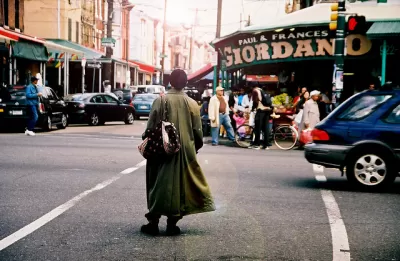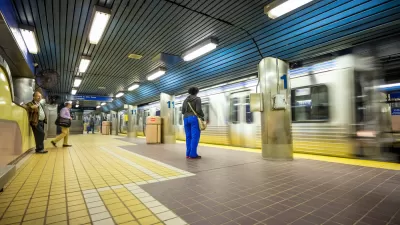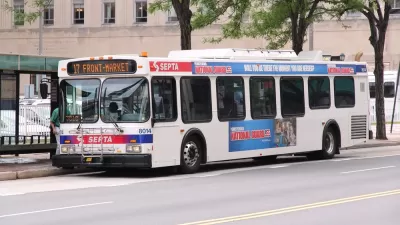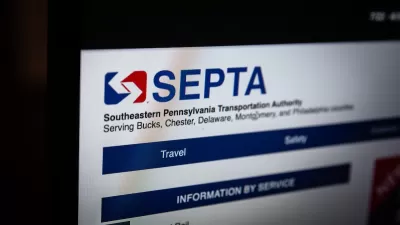With the key assumption that more of Philadelphia needs to see the benefits of the recent wave of investment that has come to the city's urban core, politicians at varying levels of government are considering multiple policy options.

Ariel Ben-Amos, a lecturer from the Urban Studies Program at the University of Pennsylvania, writes an editorial in favor of the value capture enabled by legislation under consideration by the state of Pennsylvania as a mechanism for investing in neglected neighborhoods like North Philly, West Philly, and Southwest Philly.
Ben-Amos is appealing for support of Senate Bill 385, which would "make it possible for SEPTA and the city to repay [transportation improvement] bonds using the increase in liquor, sales and use, personal income, corporate net income and other taxes that are generated by the fixed-up infrastructure, instead of just property taxes." Senate Bill 375 would also "let SEPTA and the city use these funds to finance planning for construction projects," according to Ben-Amos.
The opinion article sets the policy recommendations of SB 375 in contrast to a recent proposal by Councilmember Allan Domb to "double the city’s controversial tax abatement from 10 to 20 years for properties worth less than $250,000."
The underlying assumption of either proposal, however, is key: that Philadelphia is looking for ways to parlay the investments of recent years in Center City farther out into long-neglected neighborhoods.

Alabama: Trump Terminates Settlements for Black Communities Harmed By Raw Sewage
Trump deemed the landmark civil rights agreement “illegal DEI and environmental justice policy.”

Planetizen Federal Action Tracker
A weekly monitor of how Trump’s orders and actions are impacting planners and planning in America.

The 120 Year Old Tiny Home Villages That Sheltered San Francisco’s Earthquake Refugees
More than a century ago, San Francisco mobilized to house thousands of residents displaced by the 1906 earthquake. Could their strategy offer a model for the present?

In Both Crashes and Crime, Public Transportation is Far Safer than Driving
Contrary to popular assumptions, public transportation has far lower crash and crime rates than automobile travel. For safer communities, improve and encourage transit travel.

Report: Zoning Reforms Should Complement Nashville’s Ambitious Transit Plan
Without reform, restrictive zoning codes will limit the impact of the city’s planned transit expansion and could exclude some of the residents who depend on transit the most.

Judge Orders Release of Frozen IRA, IIJA Funding
The decision is a victory for environmental groups who charged that freezing funds for critical infrastructure and disaster response programs caused “real and irreparable harm” to communities.
Urban Design for Planners 1: Software Tools
This six-course series explores essential urban design concepts using open source software and equips planners with the tools they need to participate fully in the urban design process.
Planning for Universal Design
Learn the tools for implementing Universal Design in planning regulations.
Clanton & Associates, Inc.
Jessamine County Fiscal Court
Institute for Housing and Urban Development Studies (IHS)
City of Grandview
Harvard GSD Executive Education
Toledo-Lucas County Plan Commissions
Salt Lake City
NYU Wagner Graduate School of Public Service





























